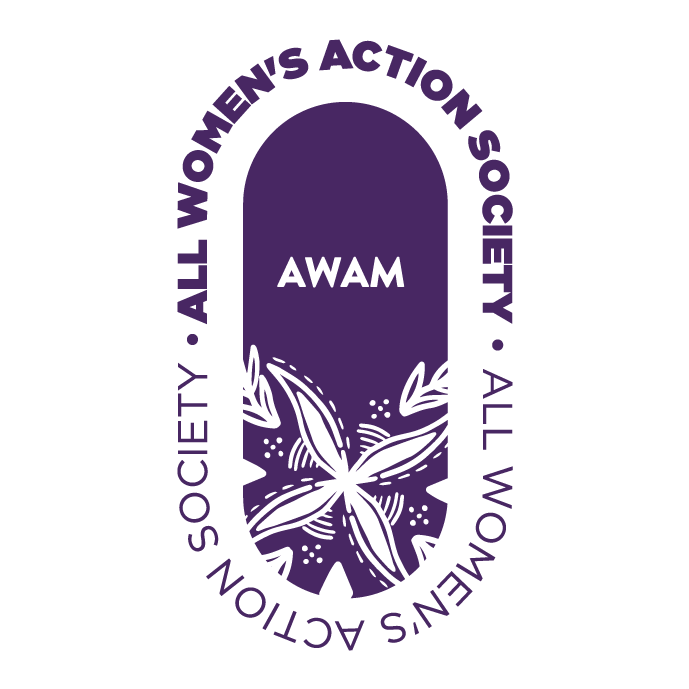The Joint Action Group for Gender Equality (JAG) would like to respond to Deputy Health Minister, Dr. Lee Boon Chye’s statement that when conducting physical examinations on their patients, doctors are not required to seek consent before touching them.
Dr Lee, whose quote appeared in the article titled ‘Consent not needed, unless check-up involves sensitive body parts says deputy minister’ by The Sun Daily, dated 21 August 2019 also added that consent was implied and that consent only needed to be acquired when physical examinations are deemed to be invasive, such as a vaginal or rectal examination.
While Dr Lee’s statement does fall under implied consent where the patient’s permission is presumed without a formal agreement with the health care provider; we, JAG (Joint-Action Group for Gender Equality) would like to stress on the importance of informed consent in the medical field, especially in light of the recent allegations by a patient claiming that she was sexually harassed by her dermatologist, who allegedly touched her inappropriately without prior permission.
The Malaysian Medical Council (MMC) has issued guidelines for medical practitioners on the matter of consent when it comes to the treatment of patients. JAG would like to point out that the guidelines clearly state that consent is (1) a voluntary action proposed by another, and (2) the person giving consent must be of sufficient mental capacity and be in possession of all essential information in order to give valid consent.
The guidelines also state that obtaining a patient’s consent is important for good medical practice, and also carries legal requirements except in cases of emergency. The consent of the patient must be obtained before the proposed procedure, examination, surgery or treatment is undertaken. The guidelines cover seven types of consent in healthcare; Implied, expressed, informed, valid, verbal, non-verbal and written.
JAG would also like to highlight that the presence of a chaperone (usually a nurse) is required, as per the guidelines, in the consultation room with visual and aural contact throughout the procedure/examination. In the event that a patient declines to have a chaperone, the practitioner should document the case or include it formally as Incident Reporting.
In the past year, sexual harassment cases in the medical profession have made the headlines, with notable cases such as in 2018, when a senior doctor harassed a female houseman, and earlier this year in July, where a psychiatrist was accused of sexually harassing a patient.
Reports of sexual harassment are taken very seriously in the medical profession. We applaud the Ministry of Health’s swift action in handling previous cases by firing the perpetrators, and we strongly support the Malaysian Medical Association’s recommendation to the government to regulate and enforce punishment for the sake of maintaining the integrity of the profession.
It is important that both the public and the medical personnel be very clear about their actions and the rules surrounding the consent during physical examinations. The public must be able to access healthcare without fear of sexual harassment or physical safety. To this end, the Ministry of Health and all medical practitioners must recognize that consent given must be in the form of informed consent and not implied consent.
The Employment Act in Malaysia currently does not monitor and regulate how a sexual harassment grievance should be handled in the private sector. This leaves gaps in the line of justice for the victims when the employer fails to address the issue systematically which can result in a negative backlash for the company’s image, not to mention the potential traumatic experience for the victim seeking some form of redress. JAG wishes to see swift and decisive actions by employers towards their sexual harassment cases with the existence of the Sexual Harassment Bill.
Between 2013 to 2016, the number of reported sexual harassment cases (police cases) had been steadily increasing, peaking in 2016 at 338 cases. However, in 2017, there was a huge dip in the numbers, standing at 267 cases. Social stigma, trivialization of the issue by the police and the victim’s refusal to relive the traumatic experience are all contributing factors as to why victims do not lodge police complaints.
Women’s organizations working on the ground estimate that for every reported case of sexual harassment, 8-9 cases go unreported.
While the subject of consent varies from case-to-case in healthcare, JAG hopes that the Ministry will see this case as an opportunity to educate the healthcare sector and practitioners on how to obtain clear informed consent. JAG would be happy to engage in further dialogue with the Ministry and other medical associations to discuss reasons why the standard for consent in healthcare must be informed consent.
Sexual Harassment is defined as any unwelcome behavior or unwanted conduct of a sexual nature in any form which includes but not limited to: verbal, non-verbal, visual, gestural or physical conduct. There should be zero tolerance for sexual harassment anywhere in Malaysia and hence everyone, regardless if they are members of the public, doctors or politicians, should be on the same page on what constitutes sexual harassment and informed consent.
Issued by:
All Women’s Action Society (AWAM)
23 AUGUST 2019
Endorsed by:
Foreign Spouses Support Group (FSSG)
Persatuan Kesedaran Komuniti Selangor (EMPOWER)
Tenaganita


